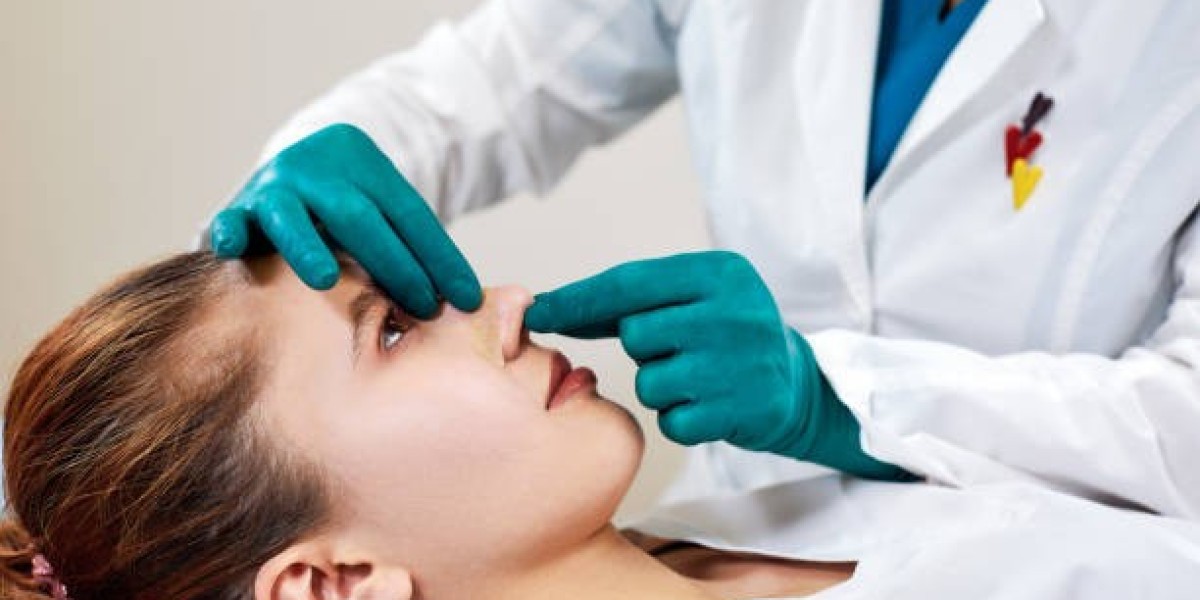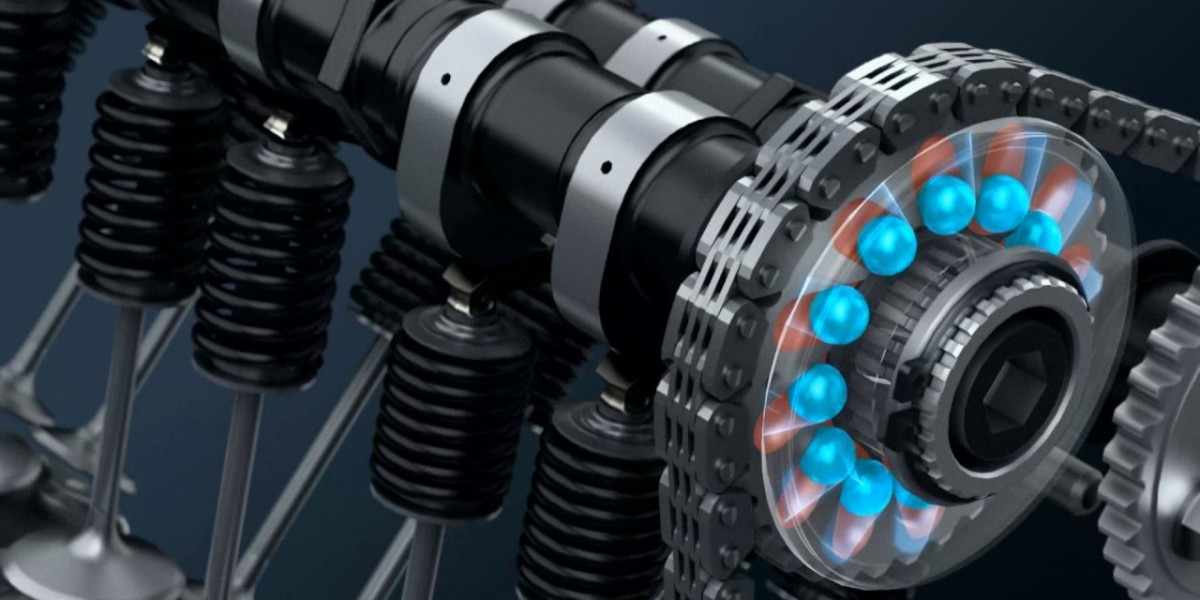Understanding Rhinoplasty and Its Popularity in Riyadh
Rhinoplasty, commonly referred to as a “nose job,” is a surgical procedure aimed at reshaping or resizing the nose for either aesthetic or medical reasons. Over the years, it has gained immense popularity among individuals seeking facial balance, improved breathing, or correction of nasal deformities. Riyadh, being a modern and medically advanced city, has seen a significant surge in the number of people opting for rhinoplasty procedures.
The cultural openness toward cosmetic enhancements in Riyadh, combined with access to experienced professionals and advanced medical technology, makes it an ideal place for such procedures. This increase in interest also highlights the need for reliable and informative guidance—especially when it comes to recovery.
Why Rhinoplasty surgery in Riyadh Requires Proper Aftercare
Undergoing Rhinoplasty surgery in Riyadh(جراحة تجميل الأنف في الرياض) involves more than just the operation itself. Post-operative care plays a pivotal role in determining the outcome and ensuring a smooth, complication-free recovery. Patients who follow the correct guidelines after their surgery typically experience quicker healing and more satisfying results.
The local climate, lifestyle, and cultural factors in Riyadh also influence recovery strategies. For instance, the dry air in the region can affect healing, especially in the nasal passages. Therefore, adapting recovery tips specifically to local conditions can make a noticeable difference in comfort and healing speed.
Plan Ahead for the Easiest Recovery Experience
Prepare Your Recovery Space
Before your surgery date, it’s essential to set up a comfortable recovery zone at home. This area should include soft pillows, essential medications, tissues, hydration options, and entertainment like books or streaming services to keep you distracted and relaxed. Preparing ahead helps you avoid unnecessary stress during the critical initial recovery days.
Arrange Support in Advance
Having a friend or family member assist you for the first few days after surgery is invaluable. This person can help with meals, medication reminders, and even light chores, so you can focus solely on rest and recovery.
Follow the Post-Op Instructions Religiously
Stick to the Medication Plan
Doctors typically prescribe antibiotics and pain management medications to prevent infection and ease discomfort. Following the prescribed schedule is non-negotiable. Skipping doses can delay healing and increase your risk of complications.
Keep Your Head Elevated
Sleeping with your head elevated, even during naps, helps reduce swelling and supports proper blood flow. Using two or three pillows or a reclining chair can help maintain this posture with ease.
Manage Swelling and Bruising Effectively
Use Cold Compresses Carefully
Applying a cold compress around—but never directly on—the nose can dramatically reduce swelling and bruising, especially within the first 48 hours. Limit each session to about 10-15 minutes and avoid applying too much pressure.
Avoid Heat and Sun Exposure
The Riyadh sun can be harsh, and exposure to heat or direct sunlight may worsen swelling or discoloration. Use a wide-brimmed hat and stay indoors as much as possible during peak hours for the first few weeks.
Monitor Your Diet for Optimal Healing
Stay Hydrated
Drinking plenty of water is essential after any surgery. It helps flush out toxins, reduces the risk of infection, and supports tissue repair. Opt for water and clear fluids, avoiding caffeinated or sugary beverages in the early stages.
Eat Nutritious, Soft Foods
For the first few days, your meals should be easy to chew and swallow to avoid facial strain. Nutrient-rich foods like soups, mashed vegetables, and smoothies support faster healing and reduce inflammation.
Be Mindful of Physical Activity
Avoid Heavy Lifting and Bending
Even minor exertion can increase blood pressure and risk of bleeding. Avoid lifting anything heavy or bending over for at least two weeks post-surgery to prevent complications.
Delay Exercise Routines
While light walking is encouraged to promote circulation, you should avoid cardio, gym workouts, or contact sports for several weeks. Resuming physical activity too soon can negatively impact your surgical results.
Listen to Your Body and Take It Slow
Recognize Warning Signs
While some discomfort, swelling, and bruising are normal, excessive pain, unusual discharge, or fever should never be ignored. Contact your surgeon if anything feels off or deviates from your expected recovery timeline.
Prioritize Rest
Rest is the body’s most effective healing tool. The more rest you get—especially during the first week—the faster your body will recover. Don’t rush back to your regular routine just because the pain has lessened.
Handle Nasal Care with Precision
Don’t Blow Your Nose
After undergoing Rhinoplasty surgery in Riyadh, blowing your nose can cause bleeding or disrupt internal stitches. If you need to clear your nasal passages, saline sprays or gentle dabbing are your best options.
Moisturize the Air You Breathe
Use a humidifier to maintain moisture in your room. Riyadh’s dry air can lead to crusting or nasal dryness, making the healing process uncomfortable. Humidified air soothes the nasal tissues and supports better recovery.
Mental Wellbeing During Recovery
Be Patient with the Healing Process
It’s important to remember that final results take time. Swelling can last for weeks or even months, and your nose shape may continue to evolve subtly during this period. Patience is key.
Stay Positive and Distracted
Engage in light-hearted activities like watching movies, journaling, or connecting with loved ones. These activities help take your mind off temporary discomfort and encourage a healthier recovery mindset.
Avoid Smoking and Alcohol
Say No to Smoking
Smoking significantly slows down healing by restricting oxygen flow to tissues. It also increases the risk of infection and can lead to longer recovery times. Avoid all tobacco products before and after the surgery.
Limit or Avoid Alcohol
Alcohol can interfere with medications and contribute to dehydration, swelling, and bruising. It’s best to avoid drinking entirely until you’re fully recovered and cleared by your surgeon.
Stick to Follow-Up Appointments
Attending all scheduled post-op visits ensures that your recovery is progressing as expected. Your surgeon will monitor healing, remove stitches if needed, and address any emerging concerns. Consistent check-ups provide reassurance and prevent minor issues from becoming serious complications.
Adjust Your Lifestyle Gradually
Resume Work at the Right Time
While some individuals feel ready to return to work within a week, others may require more time. It’s important to consult with your doctor about when it’s safe for you, especially if your job involves physical activity.
Reintroduce Skincare Gently
Avoid applying makeup or skincare products near the nose area until cleared. Once you do restart your routine, choose fragrance-free and gentle products to avoid irritation or allergic reactions.
Celebrate Your Transformation Responsibly
After full recovery, many patients feel a boost in confidence and satisfaction. However, it’s essential to appreciate the results within realistic expectations. Remember that every nose and face is unique, and the goal is harmony, not perfection.
Embrace Long-Term Care
Once your recovery is complete, maintain results by protecting your nose from injury, avoiding harsh sun exposure, and treating it with care. Think of your newly refined nose as a long-term investment in your self-image and health.
✨ Frequently Asked Questions About Rhinoplasty Surgery in Riyadh ✨
? What is the ideal age for undergoing rhinoplasty?
There is no perfect age, but it’s generally recommended that patients wait until facial growth is complete—usually in their late teens. However, adults of any age can benefit from Rhinoplasty surgery in Riyadh if they are in good health and have realistic expectations.
? How long does it take to see final results?
Initial improvements are noticeable within a few weeks, but full results may take up to a year to fully settle as residual swelling diminishes.
? Can I wear glasses after rhinoplasty?
It’s best to avoid resting glasses on your nose for the first 4-6 weeks. Some patients use a forehead strap or tape to support their glasses during healing.
? Is rhinoplasty painful?
Mild to moderate discomfort is common in the first few days. Pain is typically well-managed with prescribed medications, and many patients describe the recovery as less painful than expected.
? Will my breathing improve after the surgery?
Yes, especially if the procedure addresses a deviated septum or other structural blockages. Many people report better airflow and easier breathing after undergoing Rhinoplasty surgery in Riyadh.








